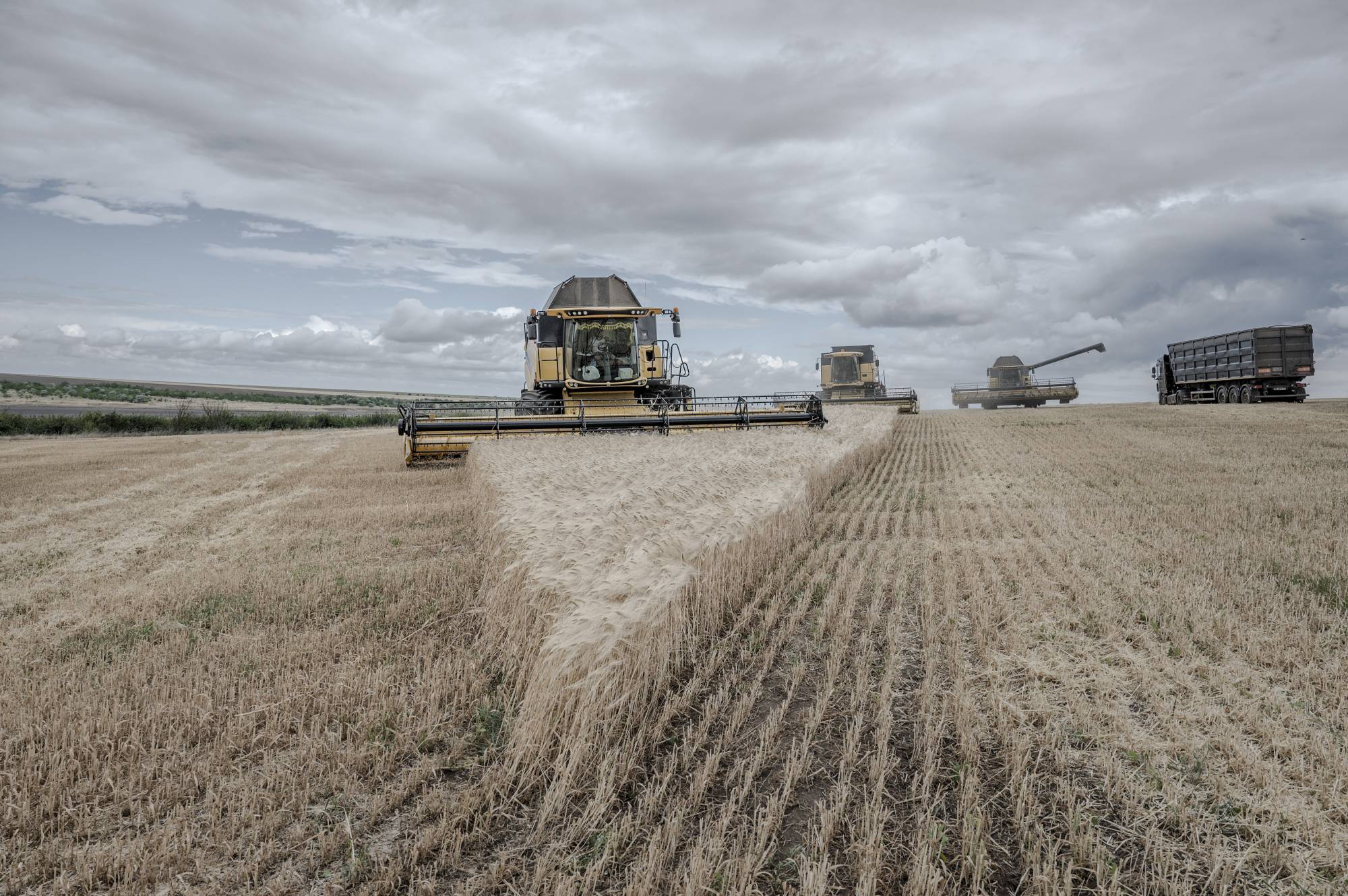[ad_1]
Japanese government subsidies for agriculture and other industries affected by major free trade pacts, such as the Trans-Pacific Partnership, were underutilized for five years from the start of the initiative in fiscal 2016, according to government data.
The government had allocated a budget of over ¥2 trillion ($16.4 billion) to support the agriculture, forestry, and fisheries sectors from fiscal 2015 to fiscal 2021, exposed to competition from foreign rivals under new trade deals.
According to the Ministry of Agriculture, Forestry and Fisheries, the funds were underutilized due to the accumulation of surplus funds and delays in procedures necessary to provide subsidies to farmers.
A fund to support the introduction of agricultural machinery and production materials for fruit and vegetable farmers was allocated ¥270.5 billion for the five years from fiscal 2016, but the actual expenditure only totaled ¥94.4 billion.
A ministry official said adding earmarked money to the fund has been curbed to reduce the balance, which stood at ¥37.5 billion as of the end of fiscal 2020.
Similarly, a fund providing support to fishermen by partially subsidizing boat leasing costs was only 20 to 80% utilized over the five years from fiscal 2016, leaving a surplus of ¥63.5 billion as of the end of fiscal 2020.
The reserves of another government fund to subsidize the costs for livestock and dairy farmers had grown to ¥100.7 billion by the end of fiscal 2020 as revenue continued to exceed expenditure.
According to the Japan Livestock Industry Association, which administers the fund, there have been many cases of a delay in disbursements due to incomplete documentation submitted by farmers.
The association has increased relevant staff and is making efforts to improve the process, while the farm ministry will begin a survey around June 2022 to determine the appropriate size of the fund.
In recent years, Japan has pushed ahead with free trade pacts as a core economic growth strategy. But the policy has met fierce opposition from the agriculture industry out of concern over intensifying price competition.
The government has guaranteed public financial aid to mitigate the impact.
In December 2018, the 11-member Trans-Pacific Partnership trade pact entered into force, followed by an economic partnership agreement with the European Union implemented the following year. More recently, the Regional Comprehensive Economic Partnership deal took effect this year.
In a time of both misinformation and too much information, quality journalism is more crucial than ever.
By subscribing, you can help us get the story right.
SUBSCRIBE NOW
[ad_2]
Source link

















